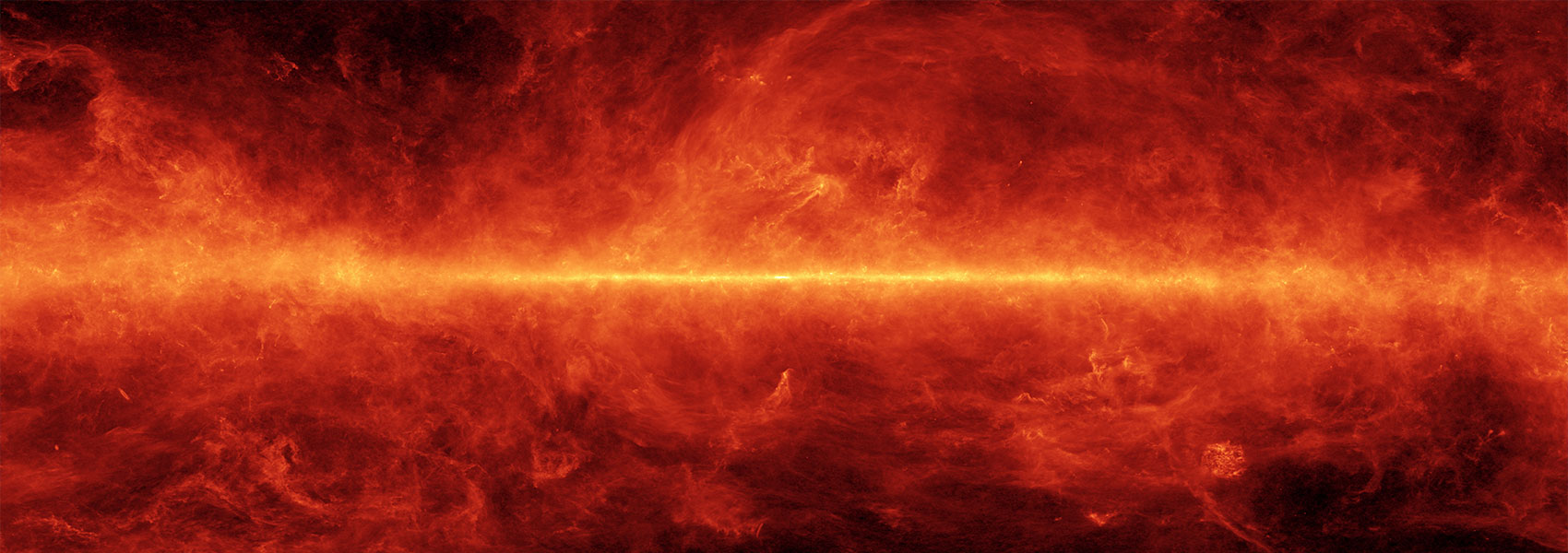The systems with tightly-packed inner planets (STIPs), typically with several planets of Earth to super-Earth masses on well-aligned, sub-AU orbits may host the most common type of planets in the Galaxy. They pose a great challenge for planet formation theories, which fall into two broad classes: (1) formation in the outer disk followed by inward migration; (2) formation in situ. I review the pros and cons of these classes, before focusing on a theory of sequential in situ formation from the inside-out via creation of successive unstable rings fed from a continuous stream of small (~cm-m size) "pebbles," drifting inward via gas drag. Pebbles first collect at the pressure trap associated with the transition from a magnetorotational instability (MRI)-inactive ("dead zone") region to an inner MRI-active zone. A pebble ring builds up until it either becomes gravitationally unstable to form an Earth to super-Earth-mass planet directly or induces gradual planet formation via core accretion. The planet continues to accrete until it becomes massive enough to isolate itself from the pebble accretion flow via gap opening. The process repeats with a new pebble ring gathering at the new pressure maximum associated with the retreating dead-zone boundary. I discuss the theory's predictions for planetary masses, relative mass scalings with orbital radius, and minimum orbital separations, and their comparison with observed systems. I end by discussing the implications of this model for the chemical composition of the Super-Earths, e.g., as may be probed by JWST and Ariel, and potential causes of diversity of planetary system architectures, i.e., STIPs versus Solar System analogs.



